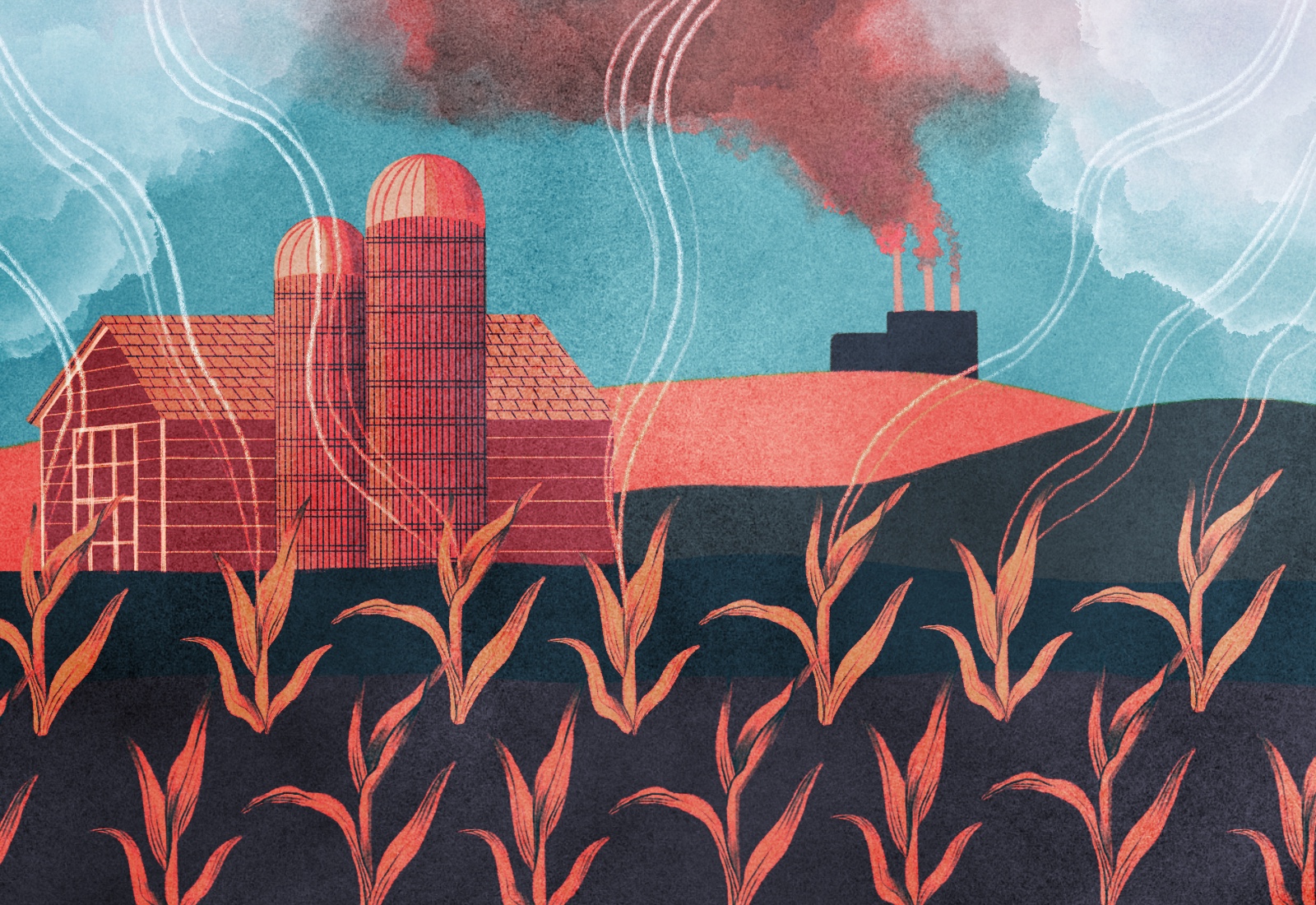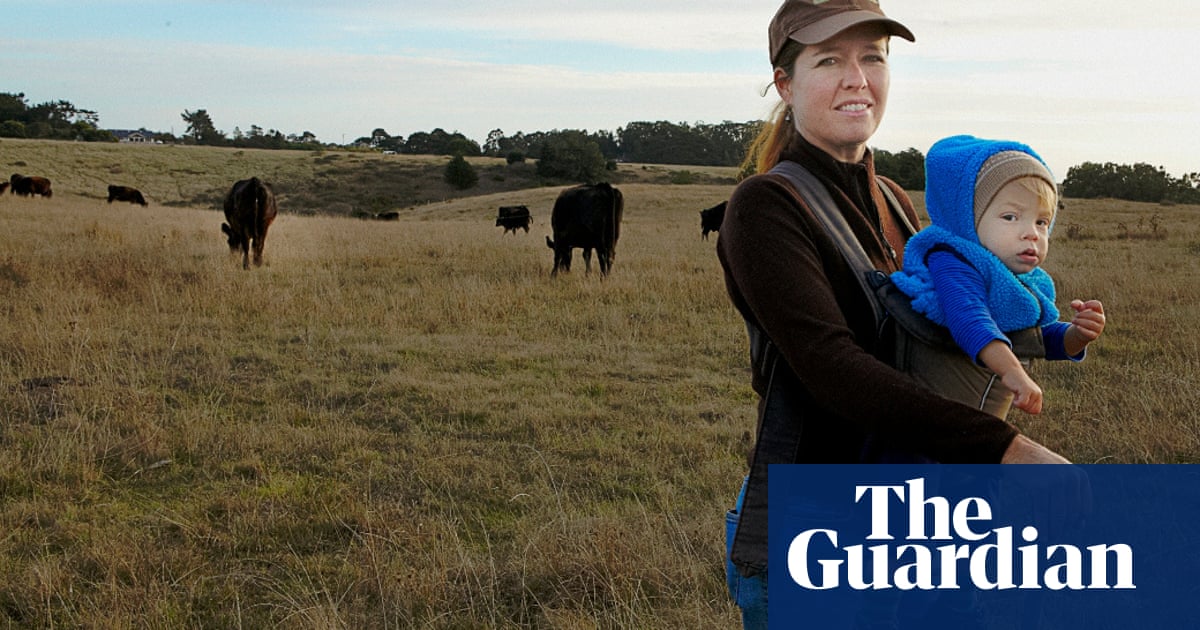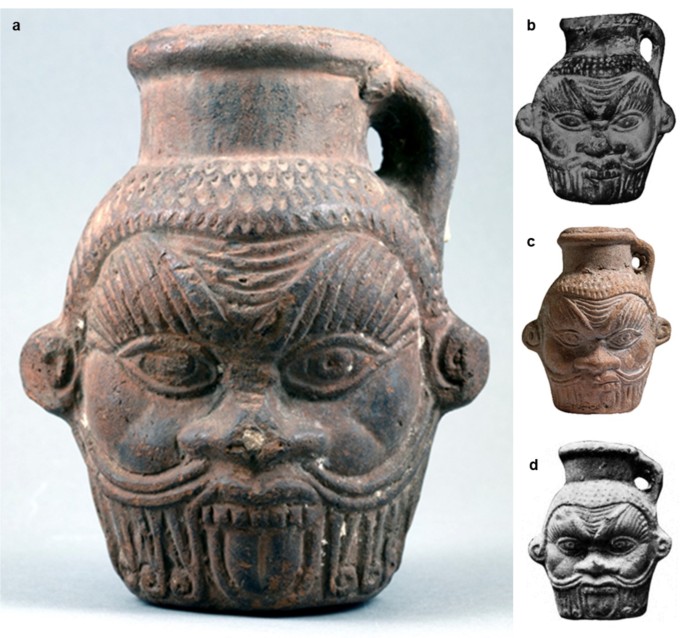
Why Farmers Use Harmful Insecticides They May Not Need
Neonicotinoids coat nearly all the corn and soybean seeds available for planting. Agrichemical companies have designed it that way.
Like so many people whose lives were upended during the pandemic, Sean Dengler returned to his roots. In 2020, he went back to northern Iowa and joined his father in farming 500 acres of corn and soybeans.
As he learned the ropes, he began engaging with Practical Farmers of Iowa (PFI), a unique organization that attracts out-of-the-box thinkers and tinkerers across a wide spectrum of sustainable agriculture in the Midwest. Soon, he was reading about neonicotinoids—“neonics” for short—now the most common chemicals used to kill bugs in American agriculture.
Farmers can spray them on fields, but these insecticides are also attached to seeds as an outer coating, called a seed treatment. As the seeds germinate and grow, the plant’s tissues become toxic to certain pests.
However, neonics impact beneficial insects, too, like bees and other pollinators. Newer research also shows neonics threaten birds and some mammals, suggesting potential human health impacts. In 2023, the U.S. Environmental Protection Agency (EPA) found that the three most common neonics were each likely to harm more than 1,000 endangered species. Also, neonics move through soil into groundwater, contaminating rivers and streams in the Midwest and beyond. Data from 2015 to 2016 showed about half of Americans over three years old were recently exposed to a neonic.


















